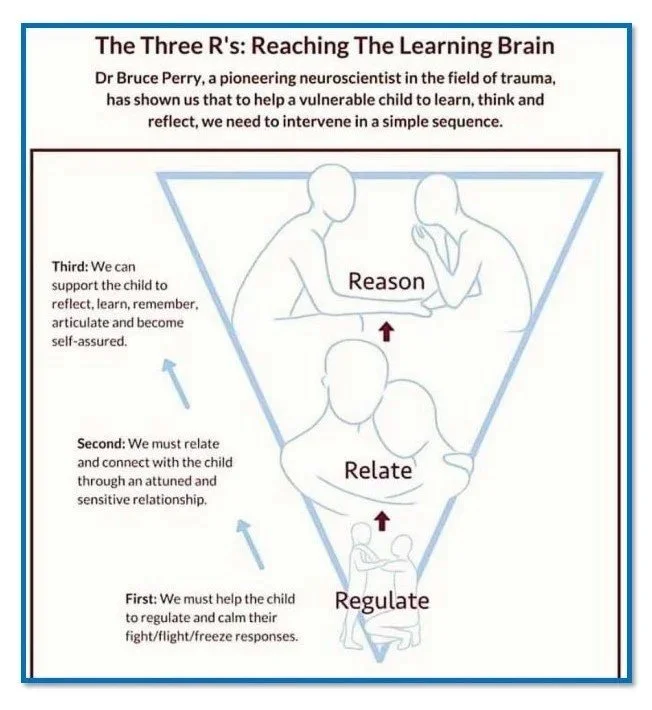Social, Emotional & Mental Health (SEMH)
At Hebden Royd CE Primary School we provide a nurturing environment that supports the ‘whole’ child enabling them to thrive whatever difficulties they may face and we recognise how important mental health and emotional wellbeing is to our lives in just the same way as physical health.
We recognise that children’s mental health is a crucial factor in their overall wellbeing and can affect their learning and achievement. All children go through ups and downs during their school career and some face significant life events.
The Department for Education (DfE) recognises that: “in order to help their children succeed; schools have a role to play in supporting them to be resilient and mentally healthy”.
Our role in school is to ensure that children are able to manage times of change and stress, and that they are supported to reach their potential or access help when they need it.
We also have a role to ensure that children learn about what they can do to maintain positive mental health, what affects their mental health, how they can help reduce the stigma surrounding mental health issues, and where they can go if they need help and support. Our aim is to help develop the protective factors which build resilience to mental health problems and to be a school where:
All children are valued
Children have a sense of belonging and feel safe
Children feel able to talk openly with trusted adults about their problems without feeling any stigma
Positive mental health is promoted and valued
Bullying is not tolerated
Emotion Coaching (a whole school approach)
What is Emotion Coaching?
Emotion Coaching enables children and young people to manage their own behaviour through helping them to understand the different emotions they experience, why they occur, and how to handle them. It enables us to potentially diffuse and de-escalate situations by activating changes in the child’s neurological system and allowing the child to calm down, physiologically and psychologically.
HOW DOES EMOTION COACHING WORK?
Emotion Coaching provides a five-step approach:
Become aware of emotion: especially if it is low intensity (such as disappointment or frustration).
Connect: View their emotions as opportunities for connection and teaching.
Accept: Listen and accept their emotions; avoid judgement.
Reflect: Help them use word that describe what they feel.
End Stage: If appropriate, help them to problem solve. You may also communicate that all wishes and feelings are acceptable, but some behaviours are not.
benefits of emotion coaching
Improve mental and physical health
Supports individuals to enjoy health relationships
Enables individuals to better control their impulses
Equips individuals to self-sooth when upset
Enables individuals to have improved focus and attention
In summary Emotion Coaching is:
A universal, relational approach that supports emotional regulation through empathetic coregulation
About supporting children to recognise, label, manage and understand emotions in themselves and others
Not dismissing or disapproving of emotions
The Three Rs: Reaching The Learning Brain
Dr Bruce Perry, a pioneering neuroscientist in the field of trauma, has shown us that to help a vulnerable child to learn, think and reflect, we need to intervene in a simple sequence.
Reason: How? Teach them the language of emotions, strategies for regulating them, use story to explore emotions and remind them of their safe places and safe people
Relate: How? Develop a calm, sensitive dialogue, acknowledging how they feel and how that is hard for them. “Wow, you must have felt really angry then. That must have been hard for you…”
Regulate: How? Soothing but limited language, a safe space to go, stepping back and allowing them time to process. Don’t add to the feelings by shouting or ‘adding fuel to the fire’.
what happens if further help is needed?
For children who are experiencing persistent challenges with their emotional and mental wellbeing we have a designated member of staff available to provide regular check-ins and a variety of interventions as needed.
Finally, in consultation with parents/carers we can seek help/support from the appropriate outside agencies.
LINKS TO ORGANISATIONS TO SUPPORT CHILDREN AND FAMILIES
“Thanks so much for doing the forum today, it was super useful and made me think about how I deal with situations! Also, and most importantly, it gave me an insight into how much you care as a school, which was really lovely to see.”


